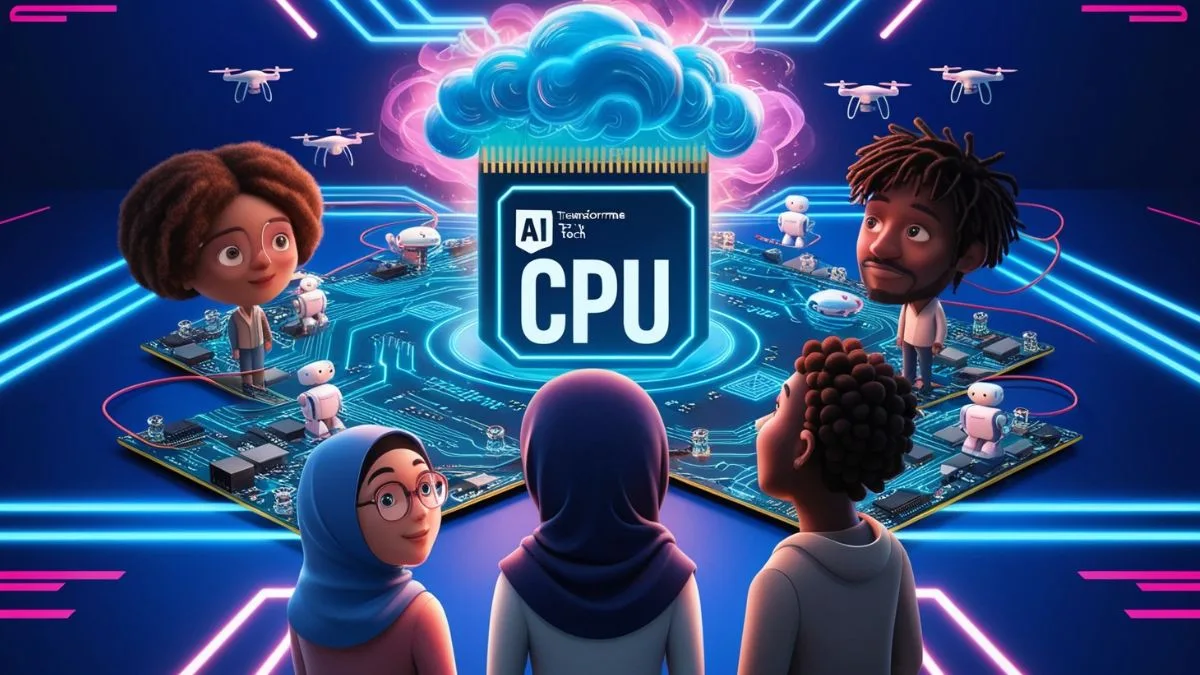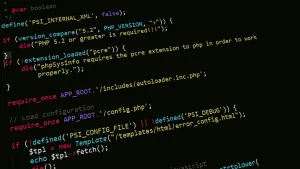
In recent years, artificial intelligence (AI) has rapidly reshaped the tech industry, influencing everything from software development to customer service. As companies continue to explore AI’s potential, it’s clear that AI is more than just a technological trend—it’s a driving force behind the next wave of innovation and productivity. Here, we’ll look at the ways AI is revolutionizing the tech industry, the benefits and challenges it presents, and what the future might hold.
1. Automation and Efficiency Boost
AI-powered automation is one of the primary ways AI is impacting the tech industry. By handling repetitive and time-consuming tasks, AI tools free up human resources to focus on more complex, strategic work.
- Data Processing: AI algorithms can process and analyze large data sets far faster than humans, driving efficiency in fields like software development, cybersecurity, and IT management.
- Customer Support: Chatbots and AI-powered virtual assistants are now common in tech, providing 24/7 support and reducing the need for large customer service teams.
2. Enhanced Cybersecurity
Cybersecurity has become a critical concern with the increasing reliance on digital systems. AI is transforming cybersecurity by helping companies detect, predict, and prevent cyber threats more effectively.
- Threat Detection: AI-powered systems can analyze massive data streams to identify unusual patterns that might indicate a cyberattack.
- Real-Time Response: By monitoring for and responding to threats in real-time, AI helps companies mitigate potential breaches before they cause harm.
3. Transforming Software Development
AI is significantly streamlining and enhancing the software development process, allowing for faster development cycles and more reliable code.
- Code Generation and Debugging: AI-powered tools, such as GitHub Copilot and OpenAI’s Codex, assist developers by generating code, identifying bugs, and suggesting fixes, accelerating the development process.
- Testing and Quality Assurance: Automated testing powered by AI reduces errors and improves product quality, ensuring that software functions as intended and reducing the need for extensive manual testing.
4. Personalized User Experiences
AI is at the heart of creating customized user experiences, a trend that’s transforming customer engagement and retention strategies across the tech industry.
- Recommendation Engines: Netflix, Amazon, and YouTube use AI-driven recommendation systems to deliver personalized content, keeping users engaged for longer periods.
- Natural Language Processing (NLP): NLP enables tech companies to provide more human-like interactions. This technology is used in chatbots, voice-activated devices, and other interfaces that understand and respond to user needs.
5. AI in Big Data Analysis
AI has become indispensable in big data analytics, helping tech companies make sense of enormous data sets to drive strategic decision-making.
- Predictive Analytics: AI-driven predictive models allow companies to forecast trends, understand customer behavior, and optimize product offerings.
- Enhanced Data Accuracy: Machine learning algorithms can clean and structure data more accurately, enabling companies to derive actionable insights from complex data sources.
6. AI and Cloud Computing
Cloud computing and AI are converging to provide new solutions in data processing, storage, and accessibility. AI-powered cloud solutions are improving scalability and flexibility for businesses worldwide.
- AI-Driven Optimization: Cloud platforms now offer AI-driven features for optimizing performance, managing resources, and predicting user demand, helping companies save costs and improve service delivery.
- Increased Accessibility: AI-powered cloud tools make it easier for companies of all sizes to access advanced computing resources and deploy AI solutions without needing extensive infrastructure.
7. Challenges in AI Adoption
Despite its many benefits, the integration of AI also presents challenges for the tech industry, including ethical concerns, data privacy issues, and the potential displacement of jobs.
- Ethical Concerns: The development of AI raises ethical questions, particularly regarding data privacy and the responsible use of AI in decision-making.
- Skill Gaps: Implementing AI requires a skilled workforce, which can be a barrier for companies without the resources to train or hire AI experts.
- Job Displacement: Automation and AI have the potential to displace certain job roles, requiring new workforce strategies and a focus on reskilling.
8. The Future of AI in the Tech Industry
The impact of AI in the tech industry is only beginning. As AI technologies become more sophisticated, they’ll likely influence new areas, such as augmented reality (AR), virtual reality (VR), and quantum computing.
- Augmented and Virtual Reality: AI can enhance AR and VR experiences, enabling more realistic and interactive applications.
- Quantum AI: The combination of AI and quantum computing could open doors to solving complex problems that were previously unsolvable, advancing fields like materials science, healthcare, and logistics.
Conclusion
The rise of AI in the tech industry is revolutionizing how businesses operate, innovate, and grow. From automation and enhanced customer service to cybersecurity and personalized user experiences, AI’s transformative power is shaping the future of technology. As companies navigate the challenges of AI adoption, one thing is clear: AI will remain a central force in driving innovation, efficiency, and competitiveness in the tech industry.
For businesses and tech enthusiasts alike, understanding and embracing AI’s potential is essential to staying ahead in this rapidly evolving landscape.
Share via:




